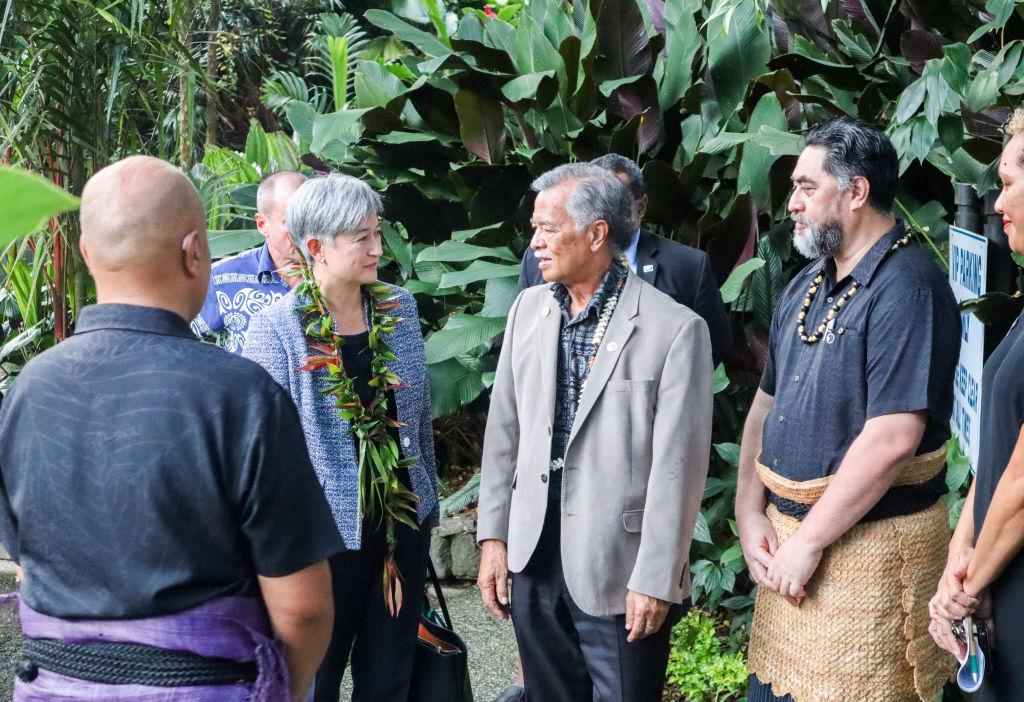The Australian government is continuing its counter to Beijing’s Pacific push, with the Foreign Minister Penny Wong announcing a new media deal with the Marshall Islands on Oct. 14.
Wong is carrying out her eighth official bilateral visit, since her appointment in May, to the Pacific region where she is visiting the nations of the Marshall Islands and Nauru to enhance diplomatic and cultural ties in the region.




